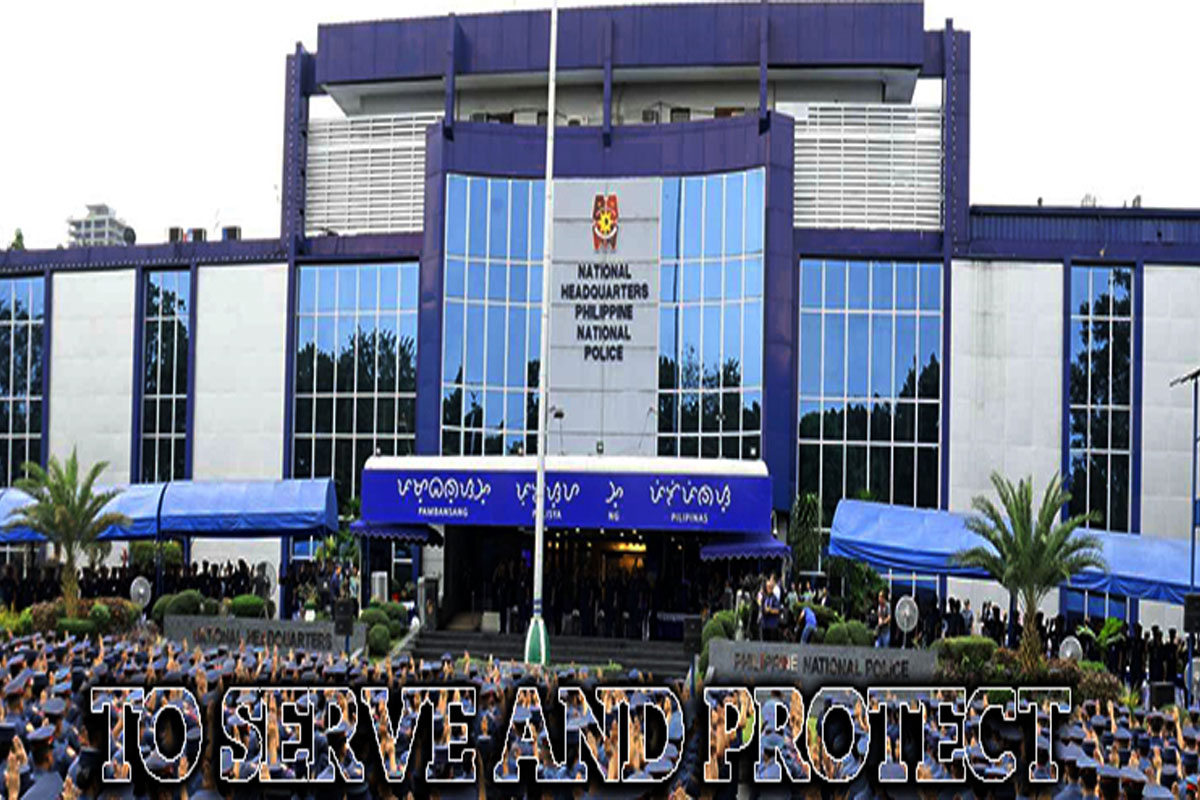
DA releases 6 ASF mobile labs
SIX mobile laboratory units (MLU) will be put up to aid the efforts of the government to manage, control and contain the African Swine Fever (ASF).
Agriculture Secretary William Dar has given the Bureau of Animal Industry (BAI) go signal for the establishment of the P100-million worth ASF laboratories.
Dar disclosed that the MLUs will be deployed in ASF-affected regions on or before March 31, 2022.
Each MLU can provide services to any local government unit (LGU), where there is ASF incidence and other animal diseases. It may also serve as a mobile veterinary school to train LGU personnel in disease detection, prevention, and monitoring.
Aside from the MLUs, the BAI in partnership with DA Regional Field Offices (RFOs) manages the Regional Animal Disease Diagnostic Laboratory (RADDL) that is capable of testing and determining animal diseases through RT-PCR.
According to BAI Director Reildrin Morales, these laboratories just need to optimize processes to further strengthen the country’s animal diagnostic infrastructure.
“Under the DA’s Quick Response Fund (QRF), we have procured and distributed P100M-worth of RT-PCR test kits to LGUs nationwide,” Morales said.
In line with the ongoing efforts versus ASF and other transboundary animal diseases, the DA has formed alliances with private groups, including a group of veterinarians and scientists, who form the BioAssets Diagnostic Clinic, located in Batangas.
On Jan. 28, 2022, Dar and other top DA officials met with experts from BioAssets to discuss approaches aimed at eradicating ASF and other transboundary animal diseases that have affected the livestock and poultry industry.
During the meeting, BioAssets presented the “Brisk Response through In-location Diagnostics and Genome Sequencing” (BRIDGES) Project – a three-part comprehensive unified approach, which can isolate and characterize the ASF virus at a molecular level.
BRIDGES may also be used to differentiate field strain from vaccine strain, which may fast-track vaccine research development.
The P39.2M project is jointly funded by BioAssets and the Department of Science and Technology (DOST) under the Science for Change Program, with respective contributions of P23.3M and P15.9M.
During the discussion, Dar also offered that the precision diagnostics component of the project be conducted in existing government facilities such as the Crop Biotechnology Center, at PhilRice compound, in Muñoz, Nueva Ecija.
The DA-BAI and BioAssets agreed to organize a unified approach to jointly manage, control, and contain ASF and other transboundary animal diseases in partnership with local government units (LGUs), hog farmers’ groups, and other industry stakeholders.
They will also collaborate to enhance ASF biosecurity measures, provision of onsite detection tools, preventive diagnostics, establish required facilities, and capacitate personnel, among others.


















